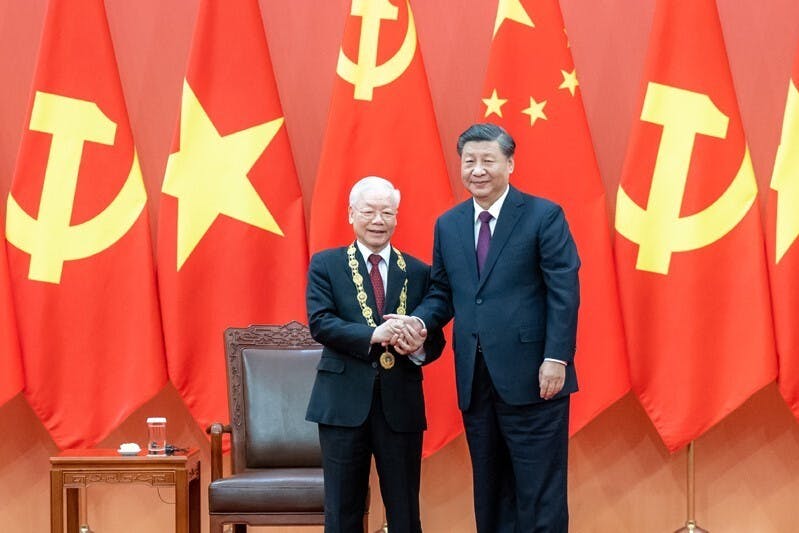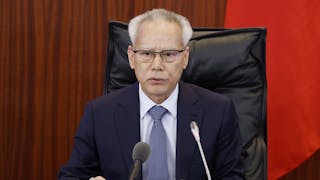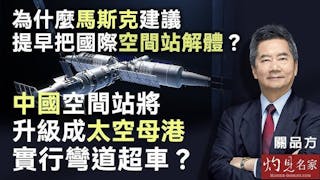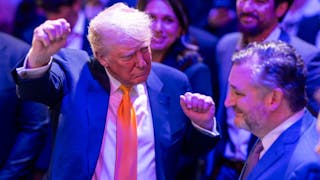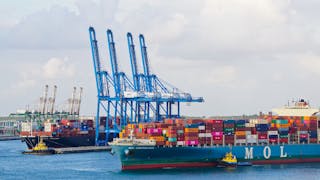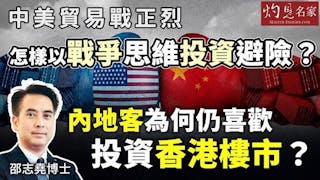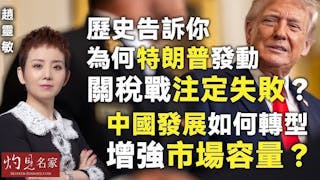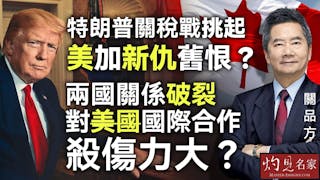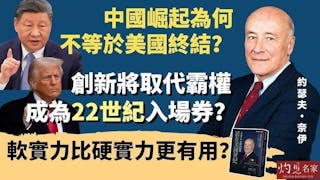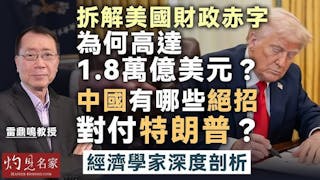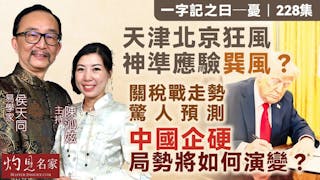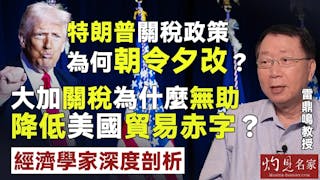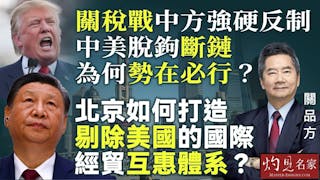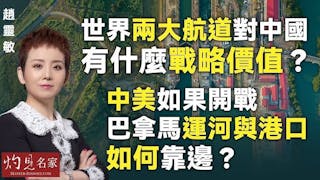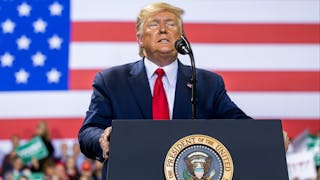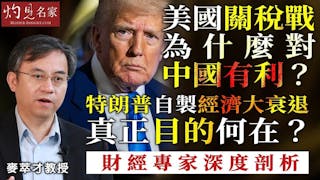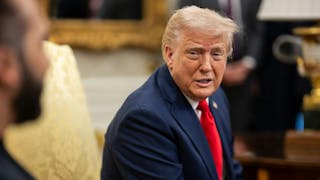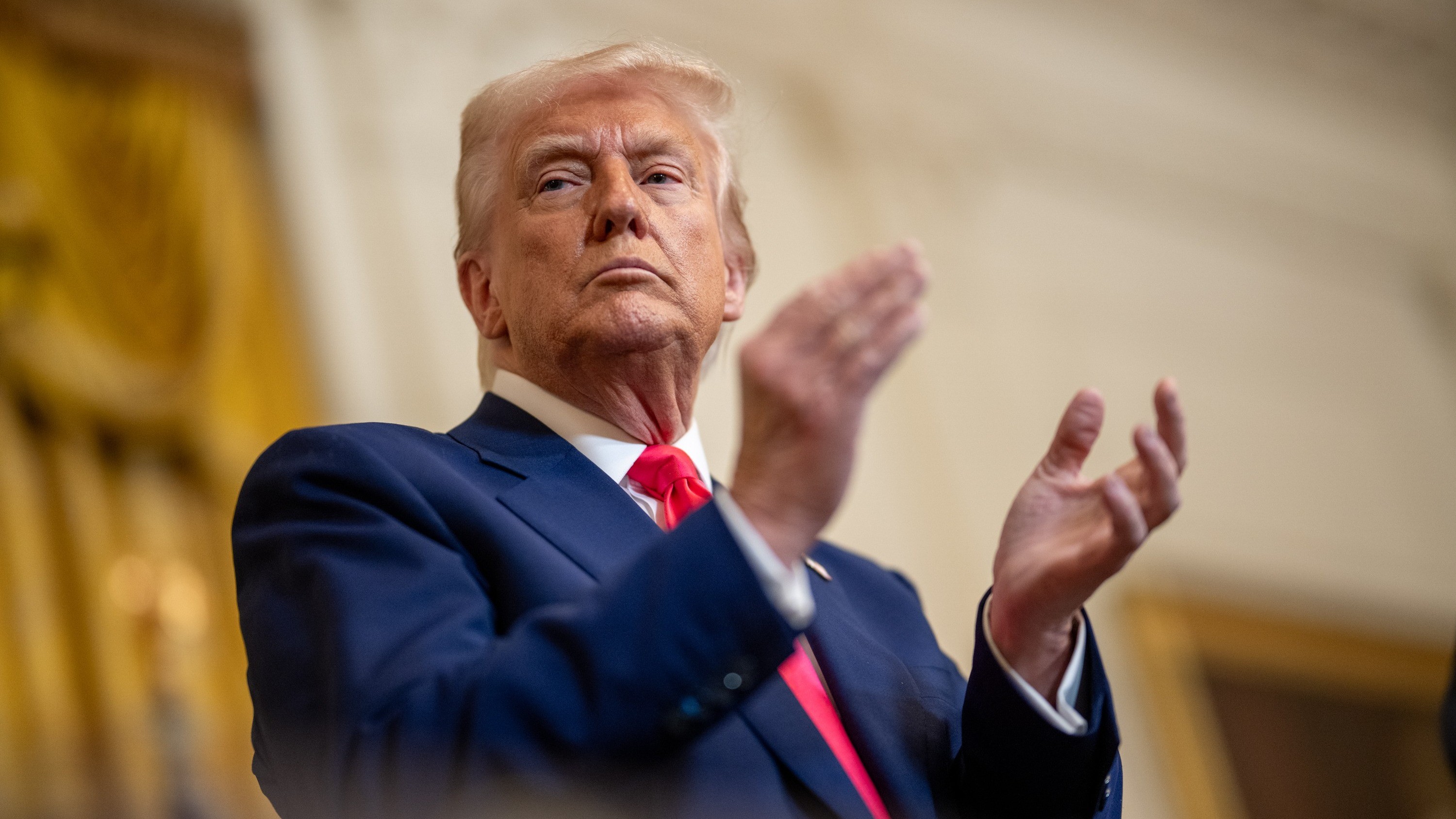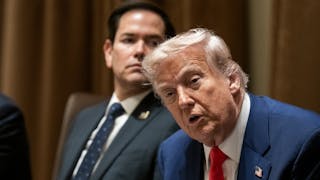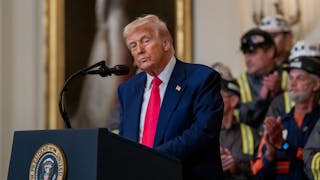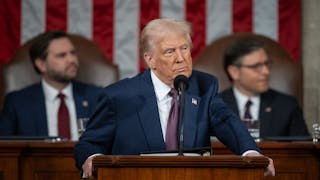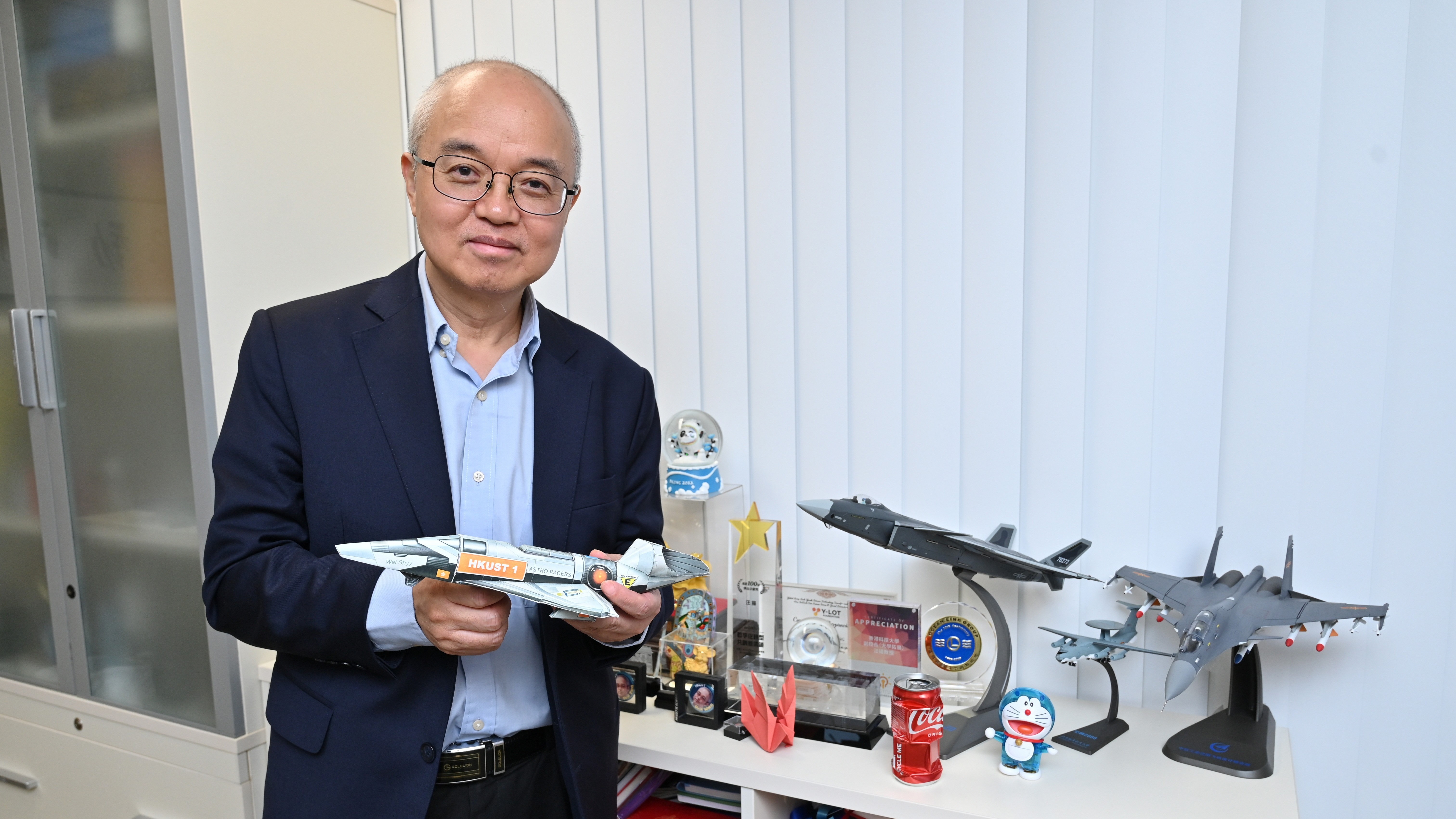中共二十大舉行過後,中國的外交便全面展開,首先是與越南簽署聯合聲明,然後是推動中巴經濟走廊建設,接着是與坦桑尼亞全面戰略夥伴關係不斷提升,再來是與德國保持良好的外交關係。
中越聲明 加強關係
10月30日,國家主席習近平會見越共總書記阮富仲,向他頒授予友誼勳章,象徵兩國關係長期發展。習近平和阮富仲談到了兩黨兩國實現社會主義發展目標的需要──這一意識形態紐帶使1970年代末和1980年代初中越的緊張關係成為過去。雙方就公共衛生、可持續發展、數字經濟、氣候變化、中國在越南的高端投資等領域的物流供應發展和相互合作進行討論。兩國領導人用「同志加兄弟」來稱呼對方。中方肯定東盟作為中國推進「一帶一路」倡議和拓展多邊主義戰略的重要性──習近在中共二十大上所作的報告強調了的這一戰略。
阮富仲致答辭表示,中越友好是越南對外關係的優先方向。有趣的是,他不僅表達了越南堅決支持「一個中國」政策,反對台灣任何分裂傾向,還表達了越南「不與台灣建立任何正式關係」的決心。越南還禁止任何國家在其領土上設立軍事基地,同時迴避任何軍事聯盟,避免使用武力與他國兵戎相見。他還表示,雙方將開展兩國執政黨的理論交流,深化民意支持,加強人文交流,維護陸上邊境和平,維護海上和平穩定。
11月1日,阮富仲會見國務院總理李克強,李克強表示中方願從越南進口更多適銷對路的農產品,並為中越邊境口岸貿易提供便利。阮富仲說,越南將加強與中國的「同志加兄弟」關係,為兩國和兩國人民帶來實實在在的利益,這是對兩國親密意識形態紐帶的肯定。
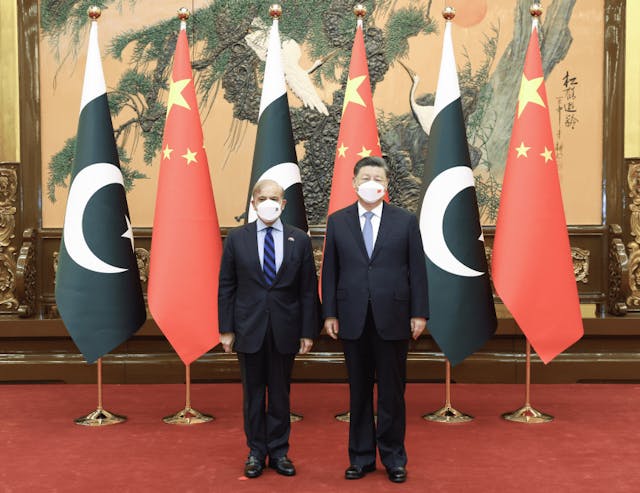
中巴經濟走廊進入新發展階段
11月3日,國家主席習近平在北京會見巴基斯坦總理夏巴茲。習近平表示,中方將繼續實行開放政策,重視中巴經濟走廊進一步發展,對「一帶一路」高質量發展具有示範效應。中方也歡迎巴方向中國進口更多優質農產品,同時加強在數字經濟、電子商務、能源供應、農業和科技發展等領域的合作。
夏巴茲表示,深化巴中全天候戰略合作夥伴關系是巴基斯坦外交政策基石和社會各界共識,他對中國幫助巴基斯坦抗擊新冠病毒及其變種表示讚賞。與越南總書記阮富仲一樣,夏巴茲補充說,巴基斯坦支持一個中國政策,並支持中國在台灣、新疆和香港問題上的立場。
事實上,隨着巴基斯坦能源電力供應項目的應用和改善,中巴經濟走廊的第一階段已經順利實施。巴基斯坦建成了高速鐵路和公共交通網絡,以及其他必要的基礎設施項目,例如自由貿易區和中國援建的技術學校、道路、橋樑、醫院和學校。中巴經濟走廊現在進入第二個發展階段,雙方在信息技術、農業現代化、創造就業、中企在巴基斯坦投資等高端產業等進行合作。
巴基斯坦外長比拉瓦爾反駁一些西方人指責「一帶一路」倡議給巴基斯坦製造了所謂「債務陷阱」時表示,巴基斯坦正在收穫經濟走廊的果實。他願意反擊和駁斥西方對中國「一帶一路」倡議的一些偏見,是鞏固中巴關係的重要舉措。
二十大後首位訪華非洲國家元首
11月3日,國家主席習近平在北京會見了坦桑尼亞總統哈桑。雙方同意將中坦雙邊關係提升為全面戰略合作夥伴關係。由於哈桑是中共二十大後不久抵達中國訪問的第一位非洲國家元首,兩國密切的外交關係在政治上具有重要意義。雙方還同意在貿易、基建項目合作、綠色發展、數字經濟等領域保持高層溝通與合作。
習近平說,1970年代建成的坦贊鐵路是中坦和中非友誼的豐碑,因為它是在中國還很貧窮的時候修建的,但它幫助了「非洲兄弟」。習近平表示,現在中國發展起來了,中國人「更要本着真實親誠理念,幫助非洲朋友實現共同發展,構建新時代中非命運共同體」。因此,習近平表示,發展中非關系應該堅持互信、互利、互鑒、互助大方向不動搖。除在貿易、投資、資本積累、氣候變化、執政黨成員和領導人對話、教育和文化交流等領域的援助外,中方願為坦桑尼亞完成基建項目等「九項工程」。
哈桑還說,坦桑尼亞支持中國在台灣、新疆和香港問題上的立場。她對中方對坦桑尼亞的支持,以及中非合作論壇促進非洲國家的發展和國際影響力表示讚賞。最重要的是,坦方願同中方一道推動構建人類命運共同體。
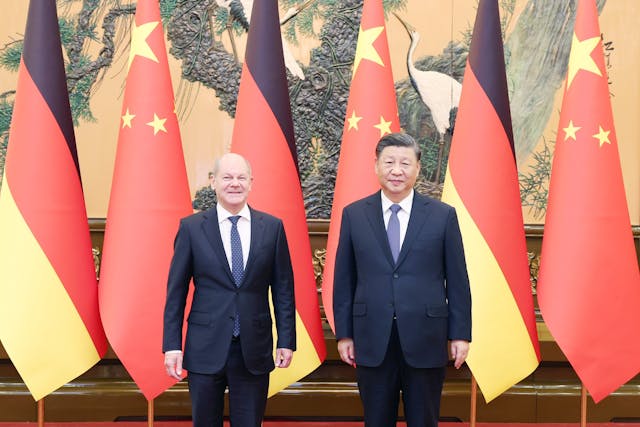
朔爾茨深明與中國接觸重要性
11月4日,習近平會見德國總理朔爾茨。朔爾茨反對任何對中國的經濟孤立,他理解與中國接觸的重要性。與此同時,與哈桑、夏巴茲和阮富仲不同,朔爾茨並不迴避德國在公民自由和人權問題上的立場。
朔爾茨表示,如果中國發生變化,那麼中德關係也會受到影響。他還表達了對兩岸關係的擔憂,希望雙方以和平方式通過協議解決分歧。德國也反對結盟對抗和孤立中國的要求。
顯然,朔爾茨領導下的德國希望與中國建立更密切的關係,希望中國能夠作為調解人介入俄烏衝突。雖然朔爾茨譴責在烏克蘭使用原子彈的威脅,但他警告俄羅斯不要冒着在國際社會「越界」的風險,玩弄任何使用核武力的想法。
在回應朔爾茨的立場時,習近平表示,中國和德國「共同反對在烏克蘭問題上使用或威脅使用核武器」,儘管中國沒有批評俄羅斯並呼籲莫斯科撤軍。中國的中立仍然很重要,因為它被德國視為在俄烏戰爭中調解的角色。
總的來說,中共二十大強調了北京外交政策中的多邊主義、反霸權主義、不干涉內政和和平發展的延續性,中國外交始終保持積極和自信。在意識形態上,中國與越南的關係得到加強,而與巴基斯坦和坦桑尼亞的關係依然牢固。中國在複雜的俄烏衝突中被視為調解人之際,朔爾茨的訪華是一項具有政治意義的重大舉措。同時,中國的親密朋友,如越南、巴基斯坦、坦桑尼亞等,都支持北京在台灣、新疆和香港問題上的立場。信息很清楚:中國明確而自信的外交是在傳播促進世界和平的信息,同時加強一個中國政策中的盟友。北京的下一個目標顯然是台灣,台灣和大陸的關係是德國關心的問題。德國總理朔爾茨訪華具有重要的政治意義,因為德國不想孤立中國,同時試圖拉攏北京充當中間人,解決未來幾年俄羅斯和烏克蘭之間的爭端和戰爭。
China’s Diplomacy After the 20th Party Congress
Immediately after the 20th Communist Party Congress, China’s diplomacy has been conducted in a full swing by firstly reaching a joint declaration with Vietnam, secondly promoting the development of China-Pakistan Economic Corridor, thirdly elevating the comprehensive strategic partnership with Tanzania, and finally maintaining good relations with Germany.
On October 30, President Xi Jinping met Nguyen Phu Trong, the general secretary of the Communist Party of Vietnam, conferring upon the guest a friendship medal and celebrating the long-term Sino-Vietnamese relationships. Xi and Nguyen talked about the need for the two socialist regimes to achieve their socialist developmental objectives – an ideological bond that has made the Sino-Vietnamese tensions in the late 1970s and early 1980s a thing of the past. Both sides discussed logistical supply development and mutual cooperation in public health, sustainability, digital economy, climate change, and high-ended Chinese investment in Vietnam. Both sides used the term “comrade and brotherhood” to refer to each other, while the Chinese side affirmed the importance of ASEAN as a platform of China to promote its Belt and Road Initiative and expand its multilateralism strategy – a strategy that was emphasized in Xi Jinping’s report to the 20th Party Congress.
In response to the warmness from the Chinese side, Nguyen remarked that the Sino-Vietnamese friendship belongs to a priority of Vietnam’s foreign relations. Interestingly, he expressed not only Vietnam’s staunch support of the one-China policy in opposition to any “separatist” tendency in Taiwan, but also its determination of “not engaging any formal relation” with Taiwan. Vietnam also disallows any country to set up its military base on its soil while shunning any military alliance and avoiding the use of force to deal with other country. He also remarked that both sides would engage in theoretical exchange between the two ruling parties, deepening public opinion support, enhancing human interactions, maintaining peace along the border on land, and retaining maritime peace and stability.
On November 1, Nguyen met Premier Li Keqiang, who said that China was ready to import more marketable agricultural products from Vietnam and facilitate trade with Vietnam at the border ports. Nguyen said that Vietnam would enhance its “comrade and brotherly” relations with China and bring concrete benefits to the two countries and two peoples – an affirmation of the close ideological bond between the two countries.
On November 3, President Xi Jinping met Pakistan’s Prime Minister Shehbaz Sharif in Beijing. Xi said that China would continue its open-door policy and attach importance to the further development of the China-Pakistan Economic Corridor, which will have a demonstration effect on high-quality development in the Belt and Road Initiative. China also welcomes Pakistan to import more high-quality agricultural products to the mainland, while both sides enhancing collaboration in the areas of digital economy, e-commerce, energy supplies, agricultural and technological development.
In response to Xi’s remarks, Sharif said the deepening of Sino-Pakistan strategic relationship is the common consensus of the society in Pakistan. He added his appreciation to China’s assistance of Pakistan in resisting and combating Covid-19 and its variants. As with Vietnamese general secretary Nguyen, Sharif added that Pakistan supports the one-China policy and backs up China’s positions on Taiwan, Xinjiang and Hong Kong.
In fact, the first stage of China-Pakistan Economic Corridor has been implemented smoothly with the adoption and improvement of energy and electricity supply in Pakistan. High-speed railway and public transport network have been built, together with other necessary infrastructure projects such as free trade zone and the Chinese-built technical schools, roads, bridges, hospitals and schools. The Corridor now enters the second developmental stage of high-ended sectors in information technology, agricultural modernization, job creation, and the entry of Chinese enterprises to invest in Pakistan.
Countering the accusations made by some Westerners that the Belt and Road Initiative created a s-called “debt trap” for Pakistan, the Pakistani Foreign Minister Bilawal Bhutto Zardari said that Pakistan is reaping the fruits of the Economic Corridor. His willingness to counter and refute some Western bias against China’s Belt and Road Initiative was an important move cementing the Sino-Pakistani relations.
On November 3, President Xi Jinping also met Tanzanian President Samia Suluhu Hassan in Beijing. Both agreed to elevate the Sino-Tanzanian bilateral relations to a comprehensive strategic cooperative partnership. Since Hassan was the fist African head of state arriving at China for a visit shortly after the 20th Party Congress, the two countries’ close diplomatic relation was politically significant. Both sides also agreed to maintain high-level communications and cooperation in trade, infrastructure projects construction, green development and digital economy.
President Xi added that the Tazara Railway built in the 1970s marked a watershed in Sino-Tanzanian relations because it was constructed at a time when China was still very poor and yet it helped “African brothers.” Now, President Xi said, as China is developing quickly, the Chinese remain sincere and genuine in assisting and realizing “the mutual development of African brothers for the sake of creating a common destiny for the Sino-African entity.” As such, the principles of mutual trust, mutual benefit, mutual learning, and mutual assistance will not change, according to Xi. China is willing to complete nine infrastructure projects for Tanzania, apart from assistance in the areas of trade, investment, capital accumulation, climate change, dialogue between members and leaders of the ruling parties, and educational and cultural exchanges.
Hassan also added an important point that Tanzania supports China’s position on Taiwan, Xinjiang and Hong Kong. She expressed her appreciation of China’s support of Tanzania and the usage of the Sino-African Cooperation Forum to increase the international influence and development of African countries. Most importantly, she agrees to work with China on the promotion of the common destiny for the mankind.
On November 4, President Xi met German Chancellor Olaf Scholz. Scholz opposed any economic isolation of China, and he understands the importance of engaging with China. At the same time, Scholz does not shy away from the German stance on civil liberties and human rights issue, unlike Hassan, Sharif and Nguyen.
Scholz said that if China changes, then the Sino-German relations would also be affected. He also expressed his worries about the relations between mainland China and Taiwan, hoping that both sides would settle their differences through agreement in a peaceful way. Germany also opposes alliance confrontation and the demand for isolating China.
Obviously, Germany under Scholz wants to establish a closer relationship with China, hoping that China may be able to intervene as a mediator in the Russian-Ukrainian conflicts. While Scholz condemned the threats to use atomic bombs in Ukraine, he warned Russia of risking the possibility of “crossing a line” in the international world by toying with any idea of using nuclear force.
In response to Scholz’s position, President Xi said that China and Germany “jointly oppose the use or threat of use of nuclear weapons” over Ukraine, although China refrains from criticizing Russia and calls for Moscow to withdraw its troops. China’s neutrality remains important as it is seen by Germany as a player to mediate in the Russo-Ukrainian war.
Overall, China’s diplomacy has remained active and assertive after its 20th Party Congress that has emphasized the continuities of multilateralism, anti-hegemonism, non-interventionism and peaceful development in Beijing’s foreign policy. Ideologically, China’s relations with Vietnam have been enhanced, while its connections with Pakistan and Tanzania remain strong. The visit by Scholz was a politically significant move at a time when China is still seen as a mediator in the complex Russo-Ukrainian conflicts. At the same time, China’s close friends, such as Vietnam, Pakistan and Tanzania, all support its position on Taiwan, Xinjiang and Hong Kong. The message is clear: China’s assertive diplomacy is to spread the message of promoting peace in the world while strengthening its allies in the one-China policy. The next target of Beijing is clearly Taiwan, whose relationship with the mainland is a concern of Germany. The German Chancellor Scholz’s visit to Beijing was politically significant as Germany does not want to isolate China while trying to woo Beijing to act as a middleman to solve the disputes and war between Russia and Ukraine in the years to come.



